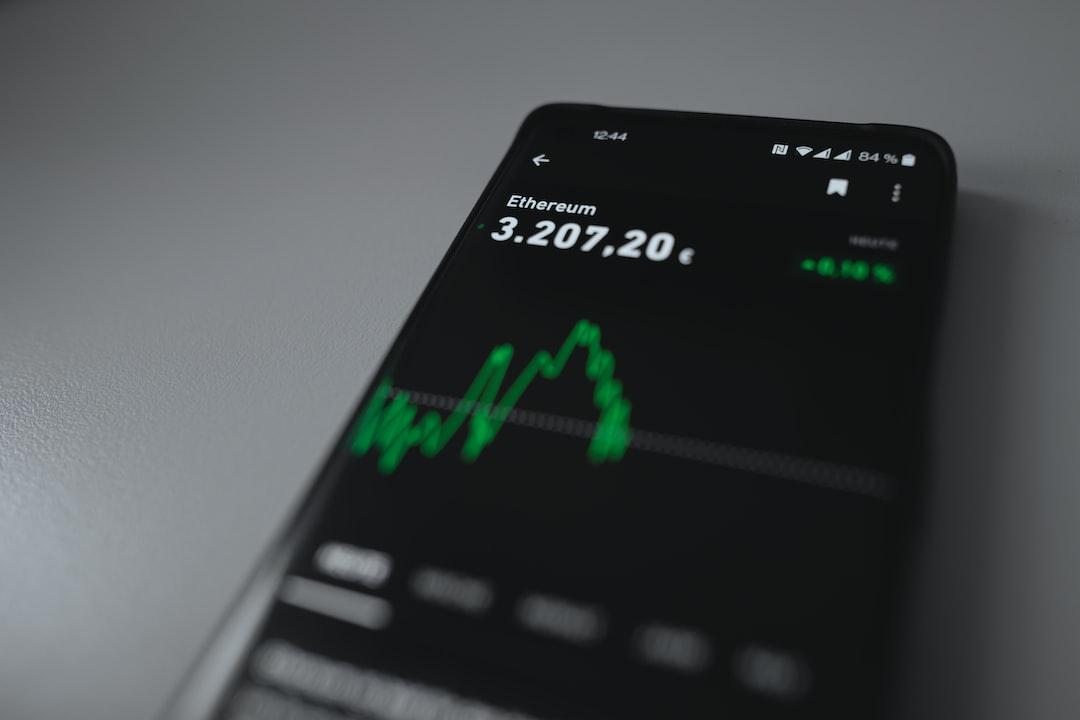Kenya’s avocado industry plays a crucial role in the country’s economy. Not only is it a popular food item among locals, but it is also a significant contributor to Kenya’s export revenue. Kenya is proud to be the largest avocado producer in Africa and the fourth largest globally, thanks to its favorable climate for year-round cultivation.
Despite this success, only a small portion of the avocados harvested in Kenya can be exported, amounting to just 23% of the total yield, according to One Million Avocados (OMA), a startup organization focused on assisting avocado farmers in the region.
Statista reports that 70% of avocado production in Kenya is carried out by small-scale farmers who face challenges due to a lack of access to a unified network and modern agricultural technology. These farmers are hindered by strict regulations that make it difficult for them to export their produce, as well as common agricultural issues such as pests and diseases that affect the quality of their crops.
To address these challenges, a partnership has been formed between OMA and Dimitra, a blockchain-based agricultural technology (AgTech) company. Dimitra aims to use its expertise and advanced technologies, including blockchain, data analytics, and artificial intelligence (AI), to support Kenyan avocado farmers. Through this collaboration, Dimitra has provided local farmers with essential technology featuring AI, Internet of Things (IoT), and blockchain. The blockchain technology offered by Dimitra helps farmers meet strict environmental, social, and governance (ESG) standards, enabling them to access new markets and increase the value of their produce.
This partnership marks Dimitra’s first venture into real-world asset (RWA) tokenization, which involves digitizing physical assets on a blockchain. In order to help Kenyan farmers efficiently manage avocado production, Dimitra and OMA have digitized 10,000 avocado trees in Kenya as non-fungible tokens (NFTs). These NFTs provide farmers with real avocado trees and comprehensive real-world data, including the GPS location of the tree, its farm score, a photo, and its development history. Farmers also receive enterprise-grade tech solutions with their NFTs, such as soil sensors, fertilizers, satellite images, and AI-powered agronomic analysis reports.
As part of this partnership, OMA will utilize DMTR, the proprietary token of the Dimitra ecosystem, for transactions. The global accessibility of cryptocurrencies enables Kenyan farmers to hold and make transactions directly on the blockchain, facilitating seamless NFT purchases and revenue-sharing activities. OMA will also convert farmers’ accumulated points into DMTR tokens to raise awareness of how cryptocurrency can enhance agricultural efficiency and effectiveness.
Another important aspect of the OMA-Dimitra partnership is onboarding Kenyan avocado farmers to Connected Farmer, a Web3 platform that aims to democratize access to key agricultural technologies for small-scale farmers. Connected Farmer, available on Android, iOS, and web browsers, provides farmers with direct access to Dimitra’s tech stack through a user-friendly interface. This enables farmers to utilize advanced machine learning and data science methods to track pest and disease issues in real-time and find effective solutions to address them.
The use of blockchain technology has revolutionized the avocado industry by enhancing monitoring and traceability capabilities. This has resulted in more precise farm management, leading to improved crop yields and more efficient harvesting processes.
Dimitra emphasizes its commitment to using technology to assist farmers globally. By leveraging AI, IoT, and blockchain, Dimitra is at the forefront of supporting small-scale farmers. Through local partnerships and projects like Dimitra, blockchain and AgTech have the potential to establish sustainable practices and business models for smallholder farmers. These initiatives also encourage broader adoption of blockchain technology by showcasing its utility beyond finance.
For more information about Dimitra and its work, please visit their website.

